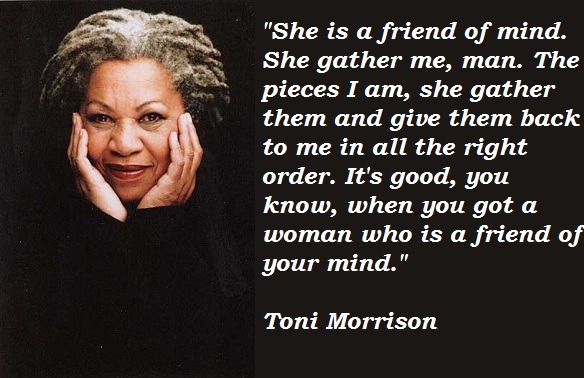Dida, the air around you is a queer force. It slips and settles between white sari folds with the gold thread lining that only an ancestor like you can rock. Dida, ur queer twice removed and it lives an extended life through me. I never met you - like that - been in your house though, the one where you died. Not the one you had your first baby in at age 16 - that house where they didn’t let you move in till you were “of age” despite being married at age 11 (which tells me that they knew better but followed anti-girl customs anyway). Dida, did you suggest this vitiligo for me? Few understand for real that it’s special to me. Not because it’s a sanctioned thing, but because the body as an atlas (and not an apology) is a special way to meet the world. Dida, I can’t tell them what came first, the vitiligo, the queer, the girlhood, or the brown woman from that girlhood. So what I’m saying is you, Dida, are an origin that breathes through me. I was a young middle schooler when my dad (your son) told me during dinner that you had a child before the eleven others and that she died as a baby. I cried, said it wasn’t fair. I swoll up, my girlchild body a pond that took sadness and time and wove them in and out of each other. I cried a purposeful sadness and I think it may have been the first time I clearly remember yours’ coming through me. Dida, we never met so I guess it’s ‘safe’ to say queer is not a basis for whether we communicate or not bcuz I think the dead transcend the self. So as the living, a way to love you is to move myself through us both. I don’t expect that you’ve been hover-crafting above me, watching as I went from goin bout my adolescent business, to grown and sexy Sumi. Yet you as a survivor, the girlchild and the mother of 12, are part of my queer creation story. Bcuz when I laugh, with my full self, it’s like I reach through the fire in my belly and pull us both into the moment with me. You’re in my dykeness, the way I take up space as a brown woman, the way desi sisterhood is still powerful. We never met yet you’re in the prism of my life, the gruffness with which I put on my pants when I’m running late, yet the way I lay naked on my bed after shower and do my ceiling fan meditation. You in my mutiny, my gurl gang tendencies, and the way I know another world where we’re all full, is possible. Dida, your son says I’m not gay just “mentally gay,” which lets you and I share a smirk since it was his mama who showed me the ropes. We waking up time Dida, because the girl you and 24 year old me are comrades, while the 60 year old you planted seeds in the 13 year old me to fight like hell for living. Dida, take this poem as my sound, the one made when an elder breathes through me, and so I speak.
(image of both my Didas. Protiva, my dad's mom on the left, is who I'm writing to.)



